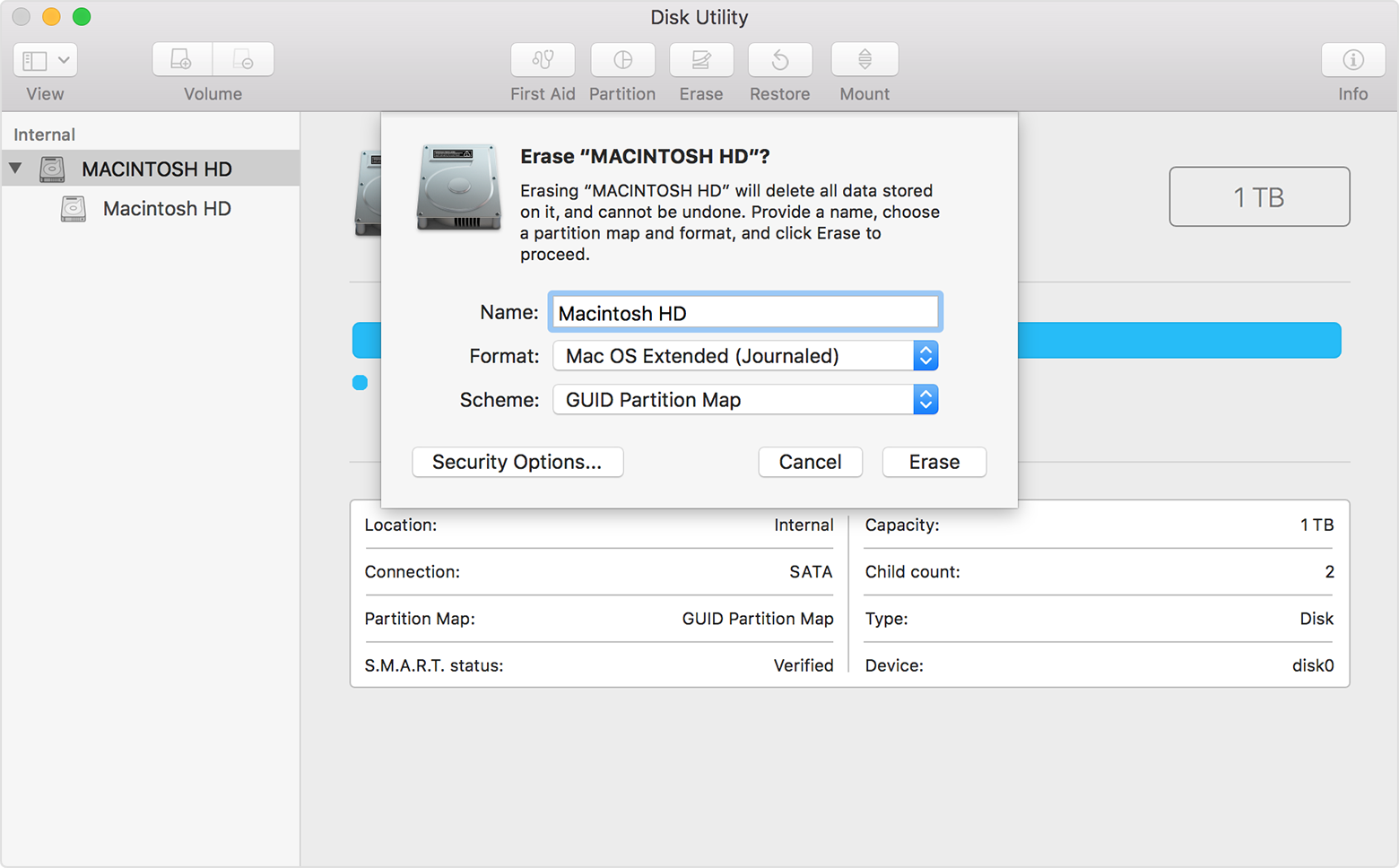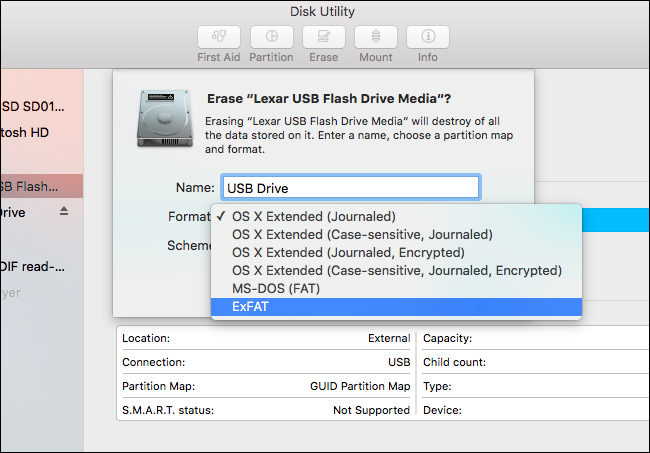


When copying and pasting into Blackboard, it is recommended that you clean up the text by removing formatting 1 Student Wellness & Disability Services.15 Statistical Tests: Tests of Mean Differences.17 Statistical Tests: Probability and Regression.4 Statistical Tests: Multivariate Methods.39 Office of Research and Doctoral Services.5 Center for Global, Professional, and Applied Learning.Cloud storage services like Google Drive or iCloud are probably the safest and most convenient options. Make sure to back up irreplaceable files, such as photos, to another location. It’s a good idea to never use them for permanent storage. SD cards are amazing storage devices, but they wear out relatively quickly and can be a bit fragile. If your card still doesn’t work after formatting it, don’t be too disappointed.
#Mac formatter mac#
However, when things go wrong, an initial format using your Mac can be a good way to get the card into shape, so that the device can read and format it in the first place. Most of the time it’s better to format the card using those built-in utilities. Keep in mind that many of these devices have their own built-in formatting utility. Whether that’s your phone, Nintendo Switch, DSLR, security camera, or any other device that accepts it. With your SD card formatted, you can now put it back into the device. After it’s done, your SD card should be ready to use.
#Mac formatter password#
You may have to provide your administrator password and approve a few permissions before the format can commence. Select it, making sure it’s the right drive. In the left-hand pane, under external, look for your SD card.Open Spotlight Search (command + space) and search for Disk Utility.Plug in your SD card reader and insert the SD card into the appropriate slot.This is quick and easy to do, especially if you know what settings to choose: The native method of formatting an SD card on a Mac is to use the built-in Disk Utility.
#Mac formatter how to#
How to Format an SD Card on Mac Using the Disk Utility If you already have a dock with USB A ports then a standard USB SD card reader will work just fine.īe sure to get a card reader that can accept both full-size SD cards and the more common micro-SD type. So only go the more expensive route if you were in the market for a dock anyway. Card readers by themselves are pretty inexpensive, but docks can be quite pricey. If your Mac doesn’t have an SD card slot, you’ll need to buy a USB SD card reader or get a USB-C or Thunderbolt 3 dock that features one as one of its ports. Older MacBooks have built-in SD card slots, so using an SD card on such machines is straightforward. If you have a recent MacBook, you probably know that there are no ports on your computer besides two or four USB-C Thunderbolt 3 ports. What You Need to Format an SD Card on Mac These are only appropriate for internal Mac drives and external drives that will only be used with a Mac, where data integrity is also important.
#Mac formatter manual#
Check the manual for the device the SD card is destined for to ensure you pick the optimal format.ĭon’t choose any of the macOS journaled formats. exFAT has the advantage of supporting file sizes larger than 4GB. Most devices and computer operating systems can read either of these formats. There are various formats that you can use for SD cards, but most of the time the correct choice is either FAT32 or exFAT. So next we’ll look at which format is best for an SD card. The main consideration is whether the device you’re going to use the SD card with can read that particular format or not. There are various format types, each with its pros and cons. You’ll also want to format an SD card when you need to use it with a device that needs a different format from the one the card currently uses. Making it a quick indicator of drive health. If the card is faulty, a format will usually fail.
/3745631100_6c12c9be07_o-5b1893f304d1cf0037115150.jpg)
If the SD card is still physically fine, you can usually format it and keep using it.


 0 kommentar(er)
0 kommentar(er)
